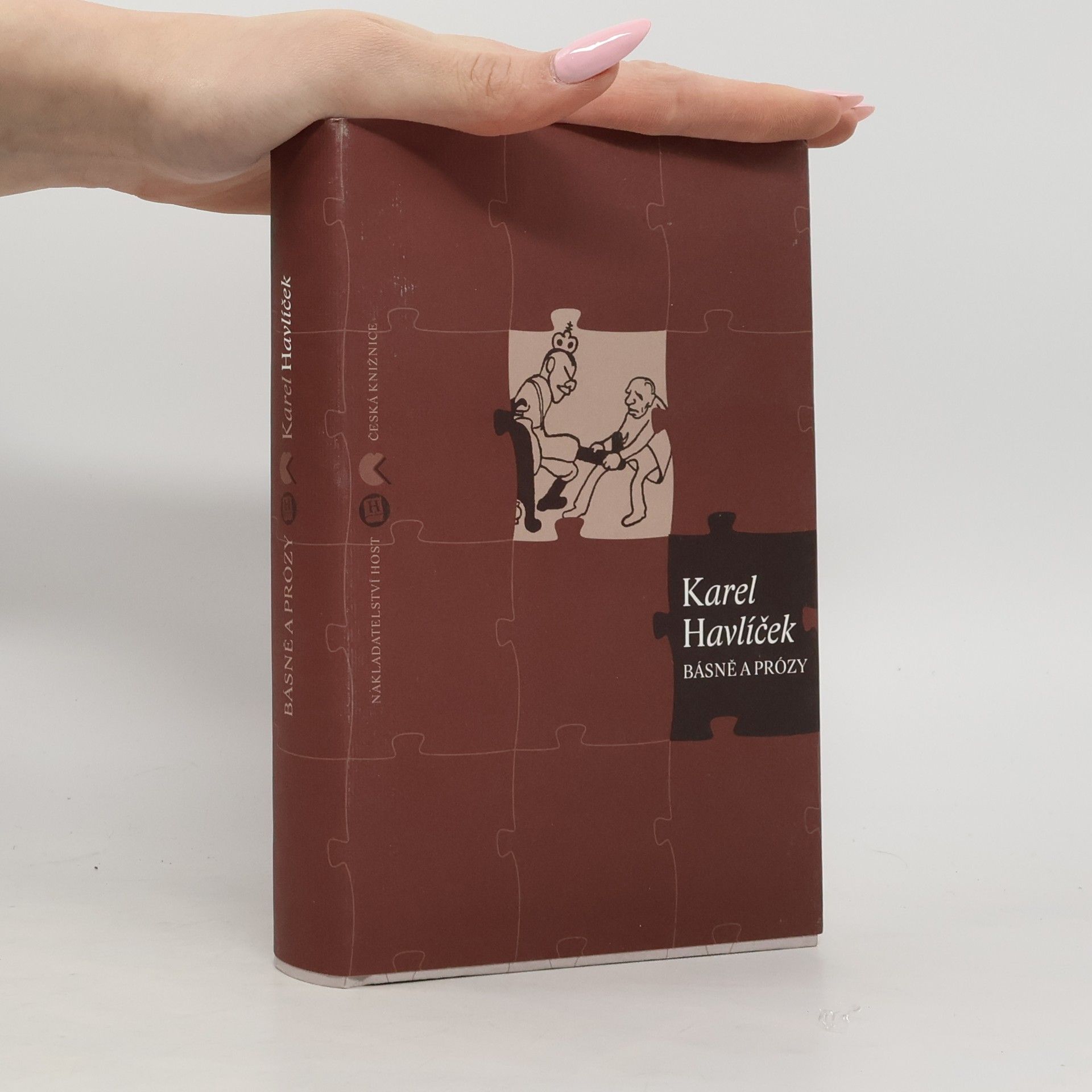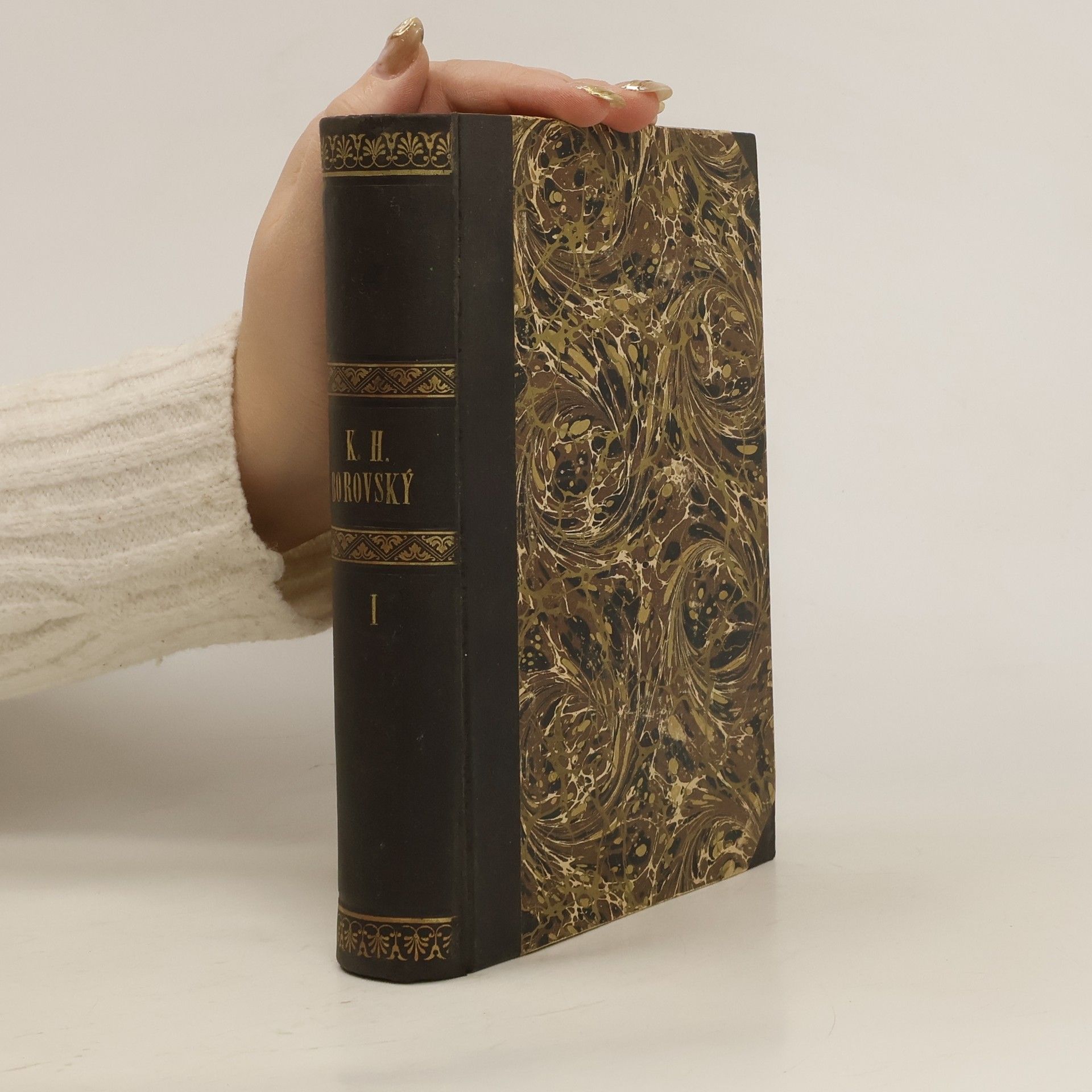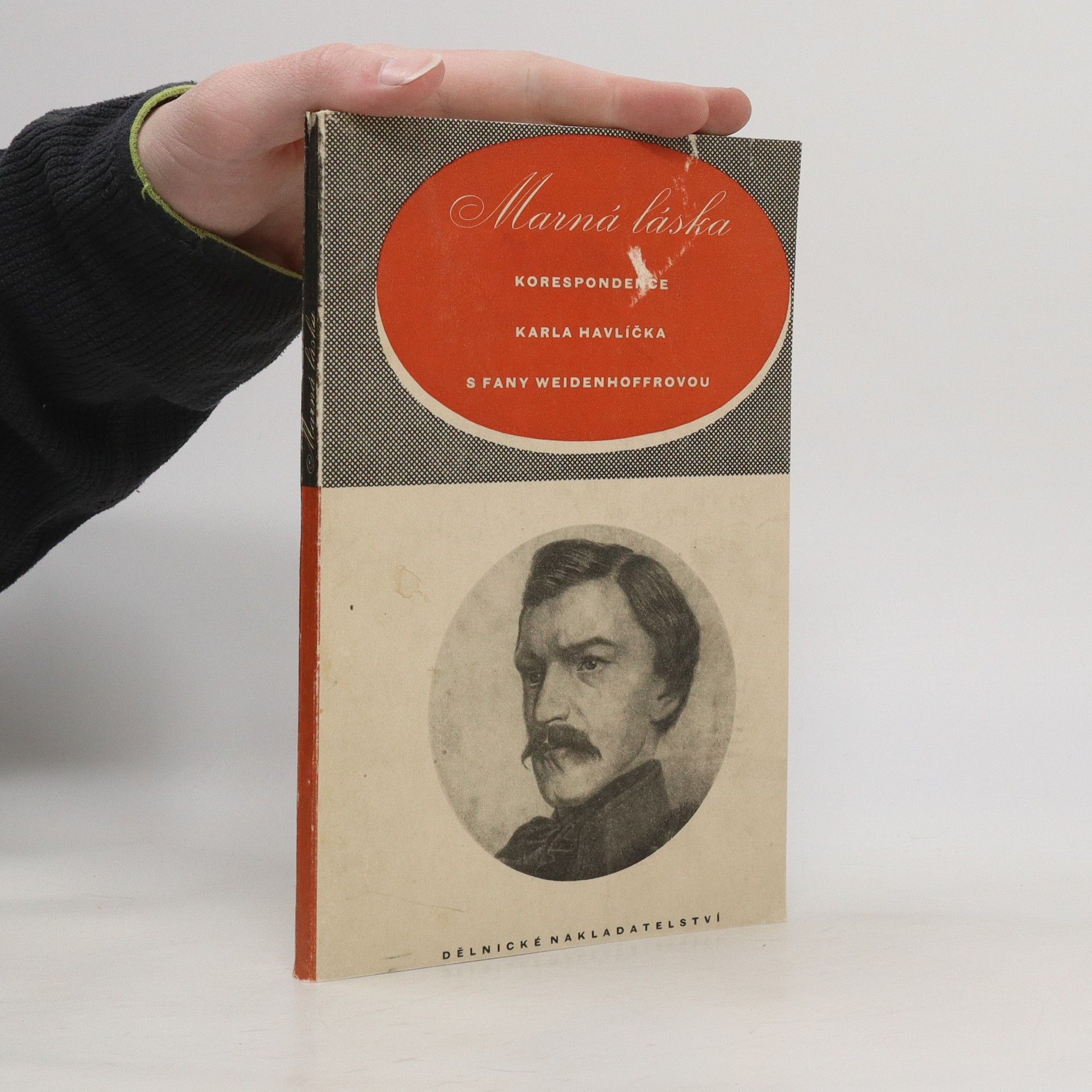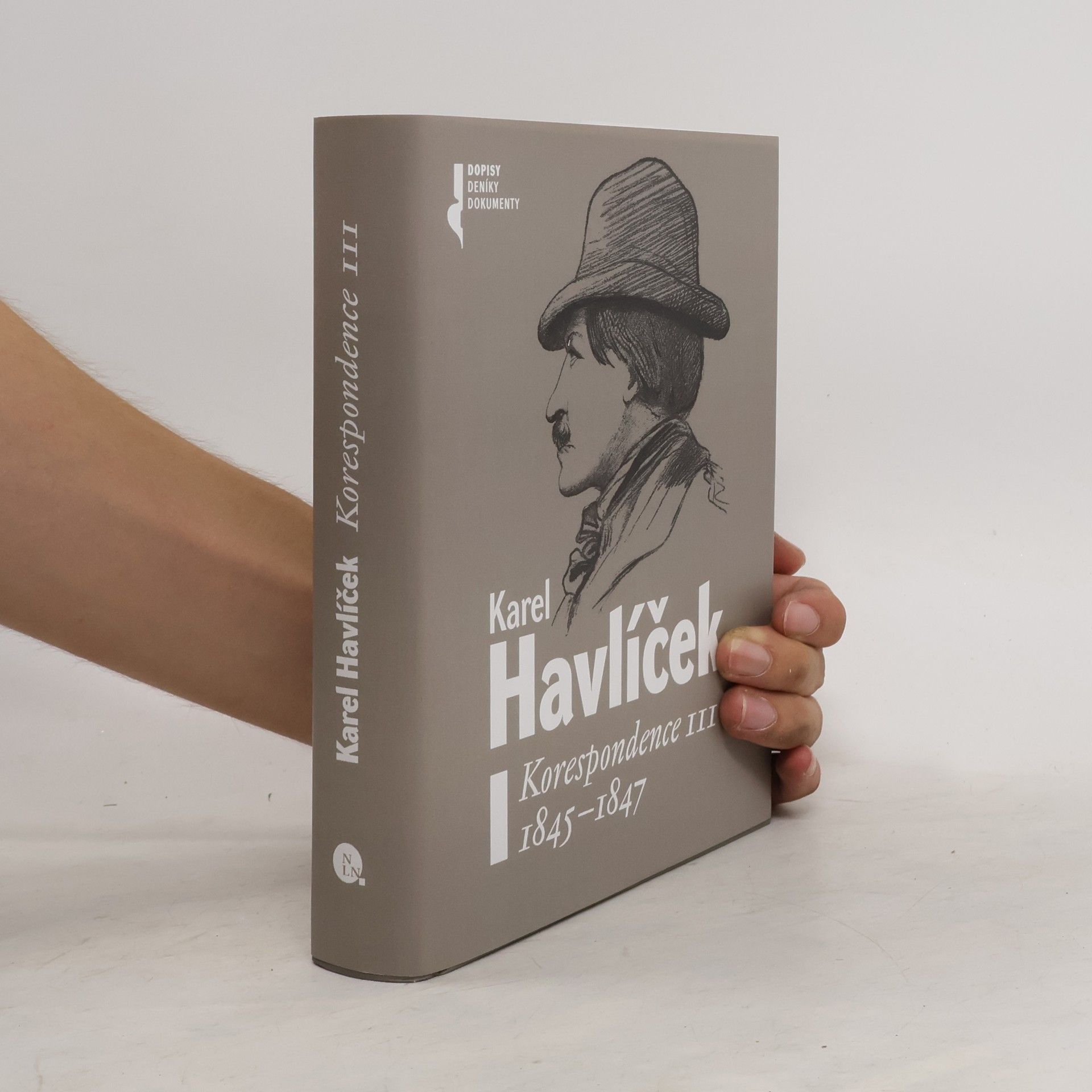Karel Havlíček Borovský Books
- Havel Borovský
- Karel Havlíček-Borovský
- Hawliczek
Karel Havlíček Borovský, real name Karel Havlíček, was a Czech patriot, journalist, writer, poet and politician. He is considered the founder of Czech journalism, satire and literary criticism. Literarily, he is classified as a realist, and politically he belongs to the second generation of national revivalists. The epithet "Borovský", which he often used to sign his articles, is derived from his place of birth (Borová).

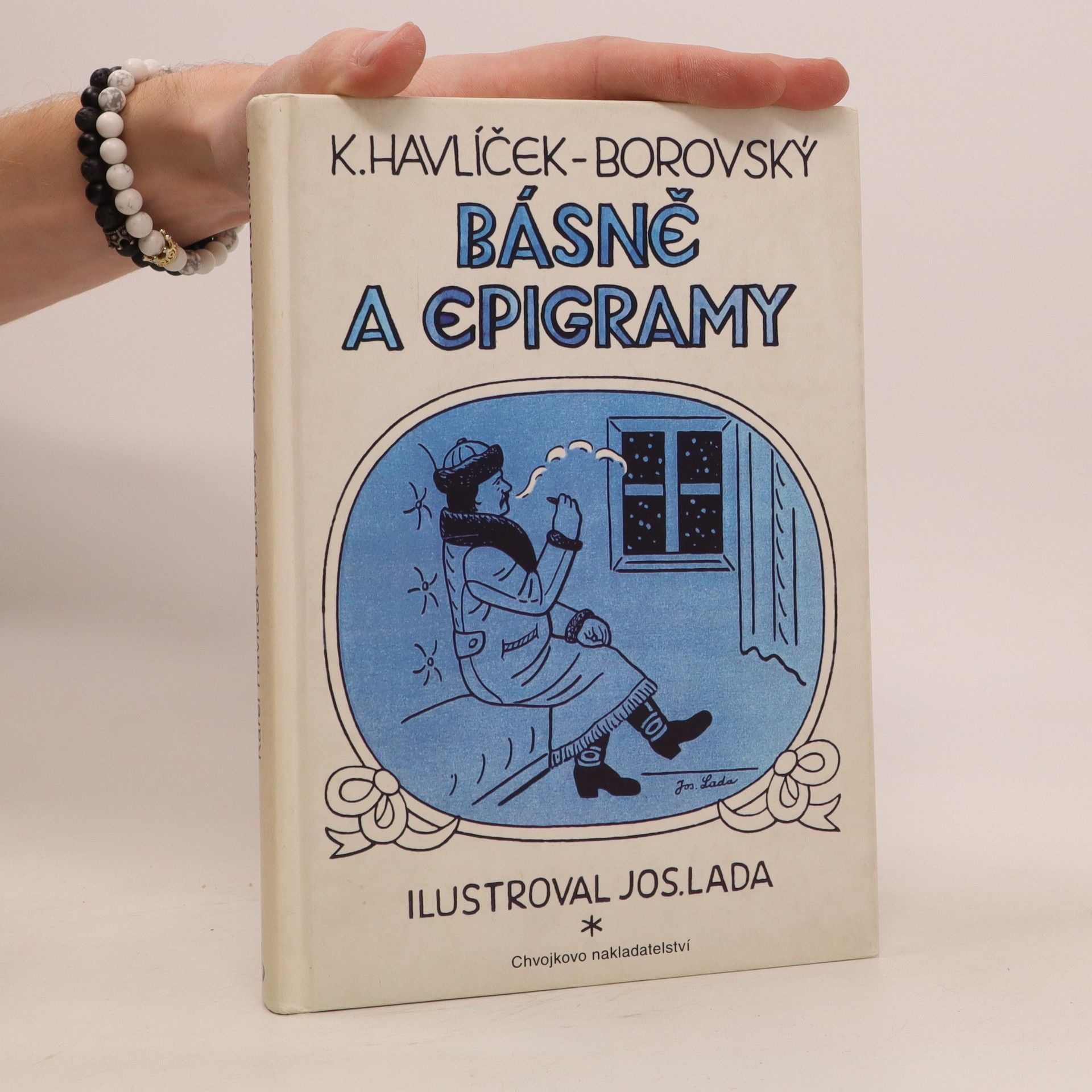

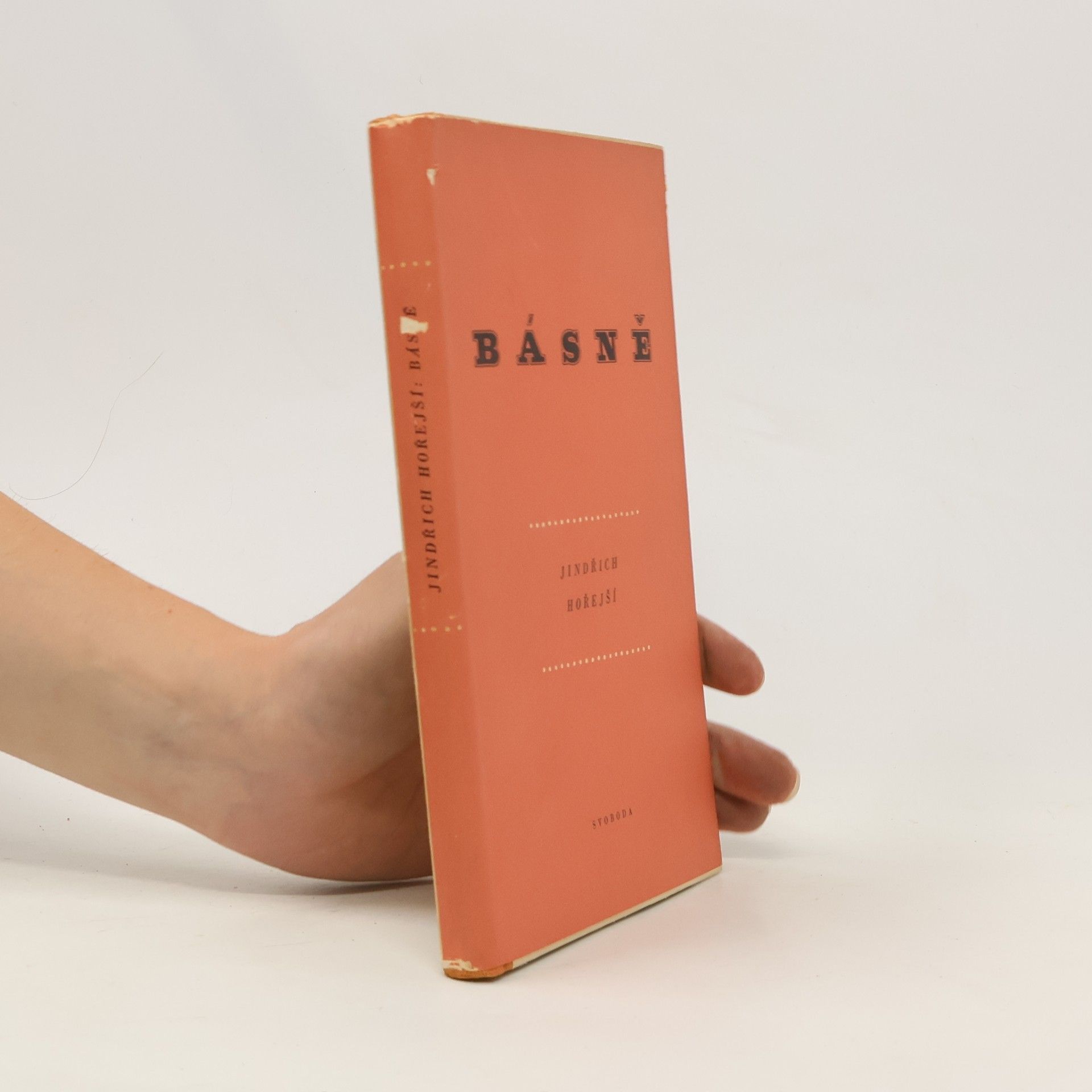

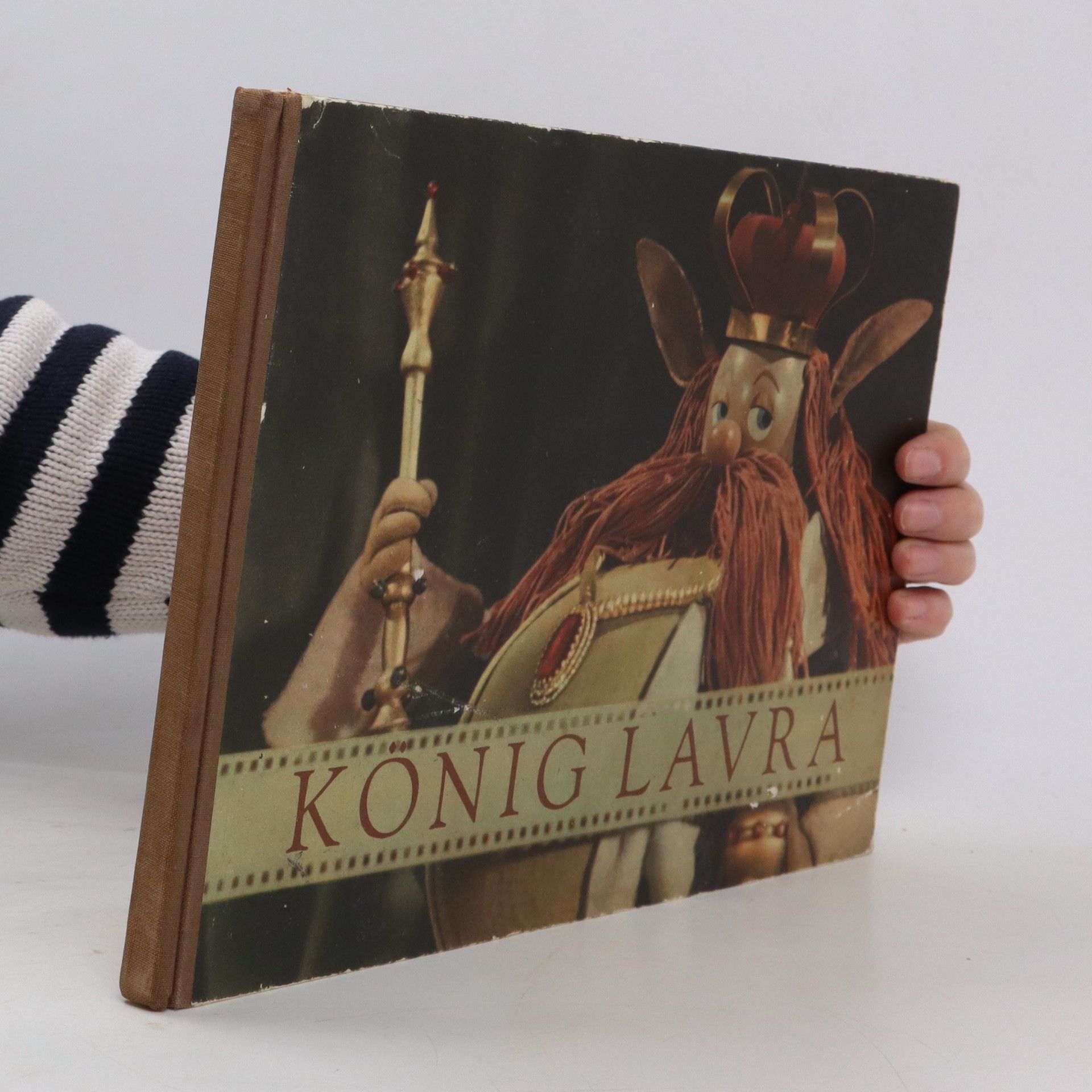
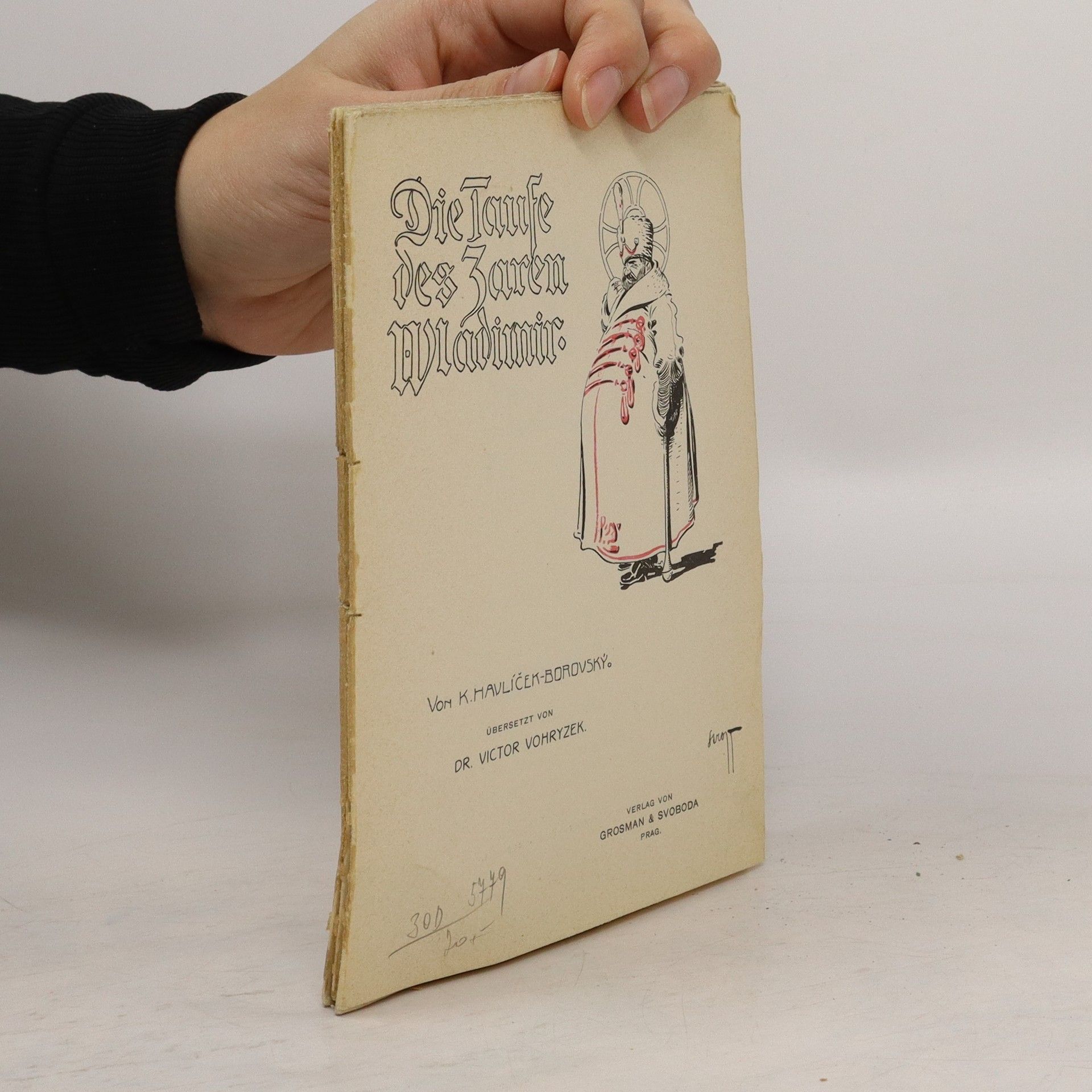
Karel Havlíček Borovský
- 86 pages
- 4 hours of reading
„Každý, kdo bude chtít po desetiletích vědět, jak myslili, jak cítili mladí lidé čeští, intelektuálové čeští krátce po světové válce, jak trpěli jistými divadly sociálních křivd a útisků, obrátí se na takovéhle básně a nalezne odpověď na svou otázku.“ (F.X. Šalda) Obsahuje: Hudba na náměstí – Korálový náhrdelník – Den a noc – Návrat ztraceného syna – Drobné básně
Výbor z díla K. H. Borovského zpracoval Jaromír Bělič, na ilustracích se podíleli Adolf Hoffmeister, Ota Janeček, Antonín Pelc, Zdeněk Seydl a Jiří Trnka. Kniha obsahuje: Epigramy Tyrolské elegie Král Lávra Křest svatého Vladimíra Smíšené básně Z překladů
Básně a epigramy
- 216 pages
- 8 hours of reading
Kniha obsahuje: "Křest sv. Vladimíra", "Tyrolské elegie", "Král Lávra", "Epigramy" Obálka a grafická úprava podle 1. vydání z r. 1946. Doslov Věra Brožová.
Básně a prózy
- 288 pages
- 11 hours of reading
Karel Havlíček Borovský je zakladatelem české politické žurnalistiky, tvůrcem veršované satiry a uprostřed 19. století nejvýznamnějším autorem časových epigramů. Jako vyhraněná novinářská osobnost se stal symbolem národního hnutí roku 1848 a zejména odporu vůči nastupujícímu neoabsolutismu v následujících letech. Svazek obsahuje Obrazy z Rus, Epigramy a aforismy, Brixenské skladby, Satiry a politické písně, Smíšené básně.
Korespondence III. 1845 - 1847.
- 614 pages
- 22 hours of reading
Třetí z plánovaných šesti svazků první kompletní kritické edice korespondence Karla Havlíčka (1821–1856) obsahuje dopisy z období, v němž se Havlíček stal redaktorem Pražských novin a České včely, a tedy i veřejně činnou a veřejně známou osobou. Vedle soukromé korespondence tak zahrnuje i korespondenci redakční; v závěru období se jednou z tematických dominant stává i Havlíčkovo zapojení do organizace veřejných sbírek na vybudování první české průmyslové školy v Praze. V osobní rovině jsou prvořadou složkou svazku listy mapující vývoj Havlíčkova vztahu se snoubenkou Františkou Weidenhoffrovou až do jeho ukončení. Knihu otevírá studie, jež nově interpretuje průběh tohoto vztahu; druhý z úvodních textů shrnuje počátky Havlíčkova novinářského působení a podíl Pražských novin na organizaci sbírek na českou průmyslovou školu. Stejně jako předchozí dva díly obsahuje i tento svazek vedle dopisů a úvodních studií i vysvětlivky, rozsáhlou ediční poznámku, kalendárium Havlíčkova života a díla, obrazovou přílohu a jmenný rejstřík.
